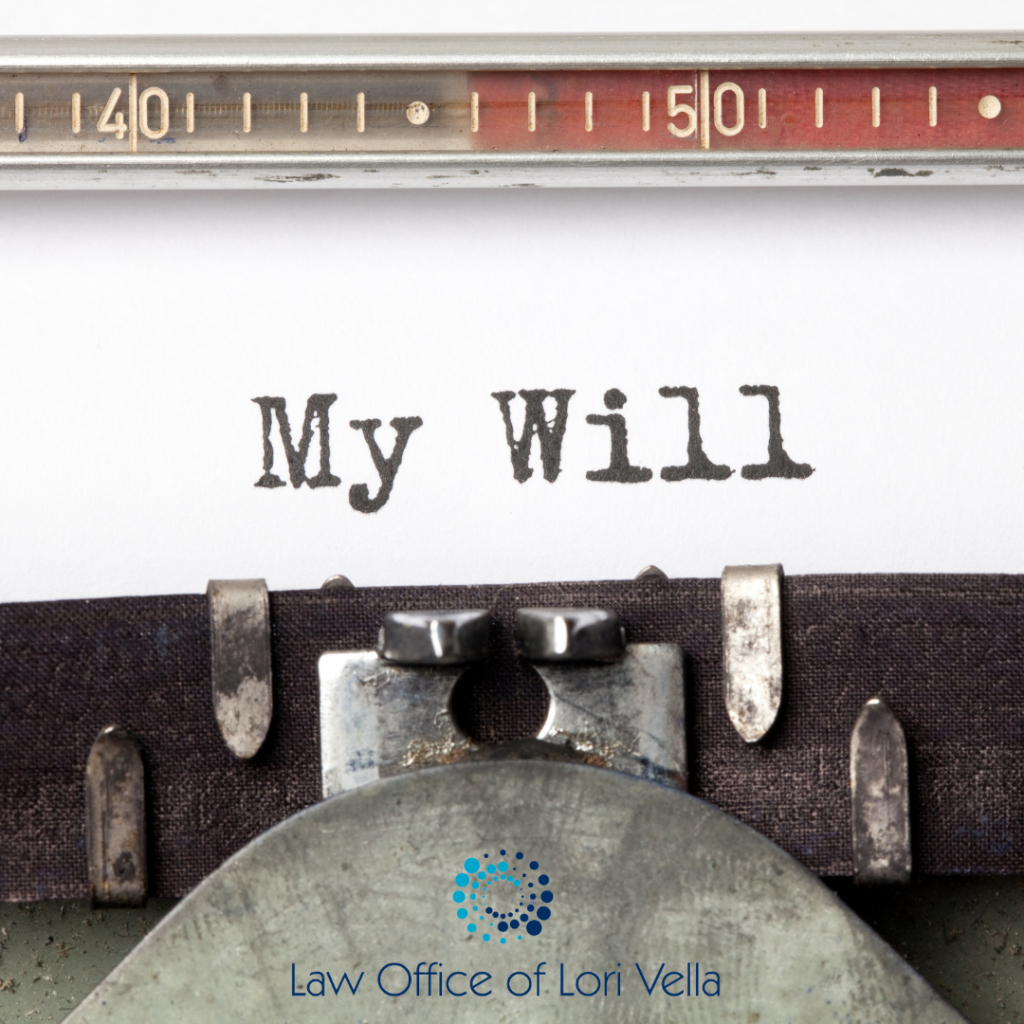Creating a will sounds daunting to most people, but it doesn’t have to be. Read below to find out what an effective will might look like and how to get started in making one.
What exactly is a will?
A will is a legal document that directs the disposition of a person’s property after death. The testator is the person who creates the will, and the beneficiaries are those who are designated to receive properties at the testator’s death. It is revocable and amendable during the testator’s lifetime and has no legal effect until the testator dies. As a result, beneficiaries named in the will only have an expectance over the property and no present possessory interest over it until the will takes effect at the testator’s death.
What constitutes a valid will?
The testator must intend for the instrument to serve as their last will and testament for the will to be valid and the intent is established by the document itself. A person over 18 or an emancipated minor in Florida may create his or her own will as long as the person is of sound mind and memory at the time he or she creates it.
Are wills necessary?
Possibly. A will gives the testator control over how the property is distributed after death. A will may benefit you financially or emotionally after you are gone, as it allows you to direct who receives your property after your death. If you own a devisable real, personal, or digital property that is bequeathable (subject to certain exceptions), you can choose who will receive that property when you die through a will. Similarly, you can prevent certain individuals from inheriting some or all of your assets upon your death through intestacy (the operation of law) by making full disposition through a will.
Can I change my mind about a devise, bequest, or legacy?
Absolutely. This can be accomplished by executing a new will or codicil or republishing an earlier will. To ensure there is no discrepancy regarding your intent, all prior wills or codicils should be revoked by the latest of your wills, if your present intent is to make new provisions.
What assets cannot be disposed of by will?
Assets that cannot be disposed of by will are referred to as non-probate assets. These assets include instruments such as life insurance policies, property held as joint tenants or tenancy-by-entirety, or property held in trust.
How do I get started?
To guarantee that your estate is distributed according to your will, gather all your financial and family information, and choose the person you want to name as your personal representative to ensure your estate is distributed according to your will. Furthermore, give us a call. Care should be taken when drafting a will because it is crucial to managing your possessions. We are here to help!
Lori Vella is an Estate Planning and Business Attorney. She works virtually throughout Florida and New York, but has her home office in Tampa, Florida. She is mom to a little boy which ignited the passion for helping other families. She and her son enjoy car rides, playgrounds and taking mini-adventures. They also have an organic garden that surprisingly yields vegetables. Lori considers herself well-versed in Seinfeld and welcomes any trivia!
Disclaimer: The Law Office of Lori Vella’s website contains general information directed to Florida residents. This firm does not intend to give legal advice through its pages and/or blog. If you need legal advice, we encourage you to find an attorney licensed in your state. This language on this website does not create an attorney-client relationship between you and this firm.

